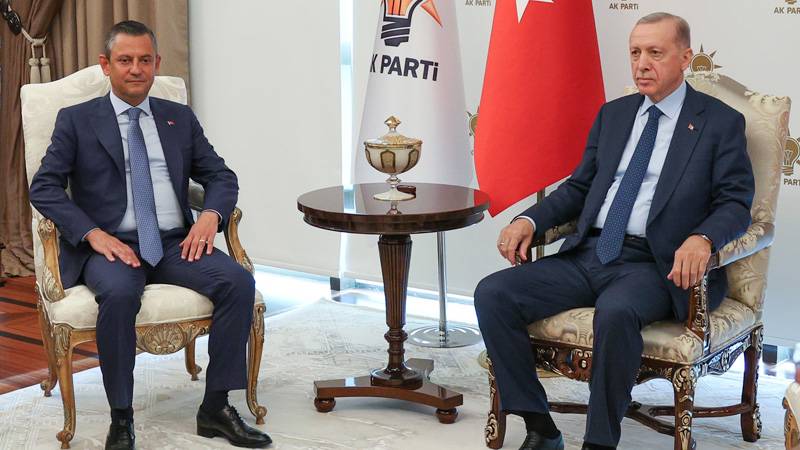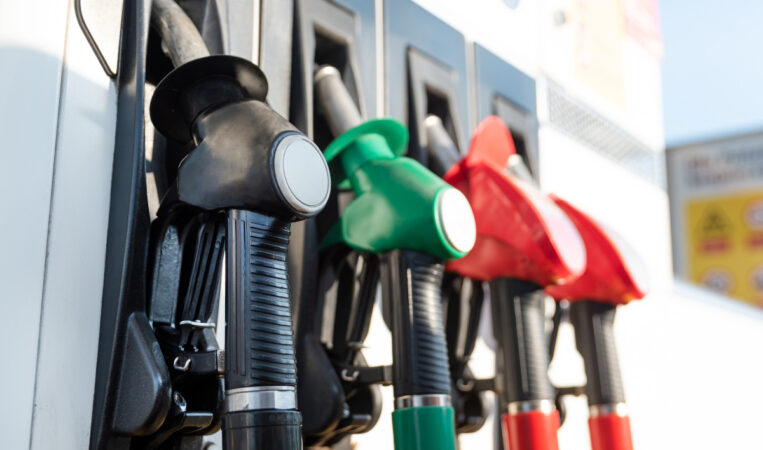#Plans #renewed #oil #extraction #distributed #Schoonebeek
More than 80 years ago, petroleum was discovered in the border region near Schoonebeek, a village just below Emmen. It turned out to be the second largest European onshore oil field, from which both the Netherlands and Germany extract oil. In our country, NAM is the operator, half of which is owned by the British Shell and the other half by the American ExxonMobil.
Oil extraction wastewater in empty gas field
In recent years, NAM extracted oil using steam. The steam goes into the ground at high pressure, so that the oil comes up more easily. The wastewater that is released went to Twente for years. It was stored there, including in the empty Rossum-Weerselo gas field.
But that has not been allowed for over a year now. The permit issued by the Ministry of Economic Affairs for this purpose will expire on January 1, 2023. At the end of 2021, NAM had already stopped storing the water because too high a level of the chemical toluene was found in it. Inhaling toluene can make you feel nauseous and unconscious. In the long term, the substance can cause memory problems.
Since too high concentrations of toluene were found, oil extraction in Schoonebeek has also come to a standstill. That could change this year. NAM has again applied for a permit from the ministry. This time to store the wastewater in a different place: in an almost empty gas field, 3 kilometers deep below Schoonebeek itself.
Whether that permit will be granted will be decided later in the year. In the meantime, the plans are causing division in the village. Not everyone is happy with wastewater being stored so close to home. Action group SAS (Stop Wastewater Schoonebeek) fears leaks and earthquakes.
Schoonebeek residents benefited from oil
Resident Jenneke Ensink is a member of the action group. They are currently raising money to pay for a lawyer who can litigate against the permit, should it be granted. She sees it as a last chance to cancel the plans.
“I think that, because of the history you have with NAM, we were actually not that worried at all,” says Ensink. When Shell’s subsidiary started oil extraction in the village, many residents benefited. In the event of emergencies, they were amply compensated. Although that goodwill diluted when NAM abruptly left Schoonebeek in 1996, only to return to its doors in 2011.
But it was only when the wastewater plans began to receive more and more media coverage that Ensink and other residents started to wonder what exactly would happen. “Is all that water going underground here? There have of course been leaks in Twente, is that what you want? Well, I’d rather not.”
Ensink is afraid of conditions in Groningen if damage and environmental pollution occur. But not everyone shares those concerns. The action group Noaberschap Oliedorp Schoonebeek welcomes the restart of oil extraction in the village. “In Germany the pumps run continuously,” says Margriet Weerman of Noaberschap. Cross the water, cross the border, and then you arrive in the Netherlands, where it has been quiet for two years. “Shame.”
One euro per barrel of oil
She mainly sees the benefits of oil extraction, such as employment. And the money it releases for the village: the region receives one euro for every barrel of oil pumped. “Depending on production, this will be 30 to 45 million euros in the coming years. Money that can be used, among other things, for sustainability.”
Of course that money is welcome, says Ensink. “But we believe that as a village you should first look together: what exactly does the permit say? What is arranged for damage settlement? And only then should you start talking about money.”
NAM response
The environmental aspects of oil extraction must be taken seriously, says the NAM. The oil company also doesn’t want leaks ‘and things like that’. “We want to work with brand new wells in Schoonenbeek,” says Simon Vroemen, who is responsible for oil extraction in the village from NAM. “And with new pipelines that are resistant to rust formation. Moreover, we want to drill with a quadruple casing, so if something happens to a pipe, you still have 3 spare pipes.”

:strip_exif()/i/2004806902.jpeg?f=meta)








